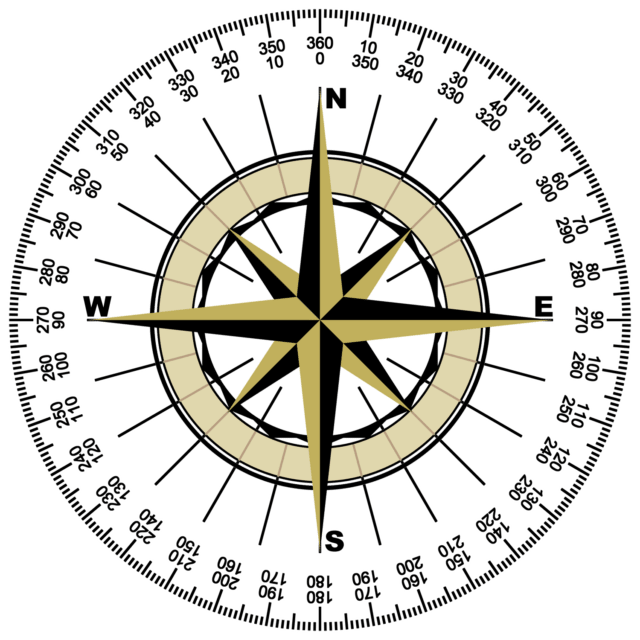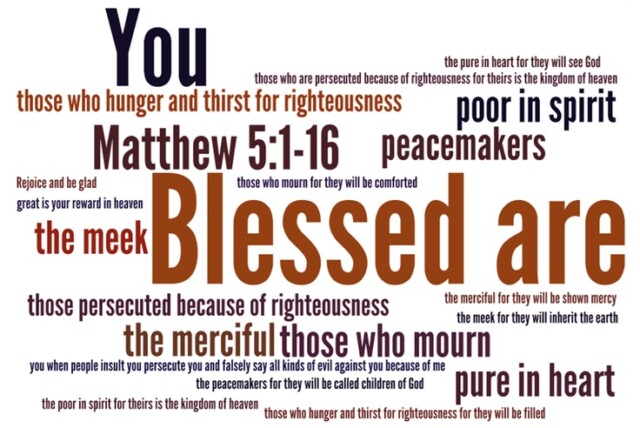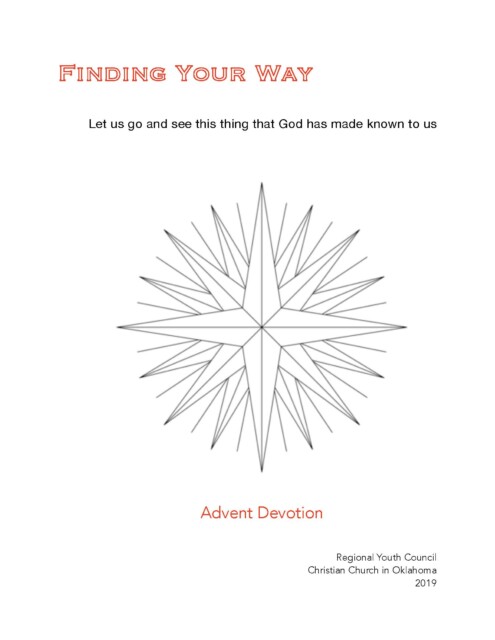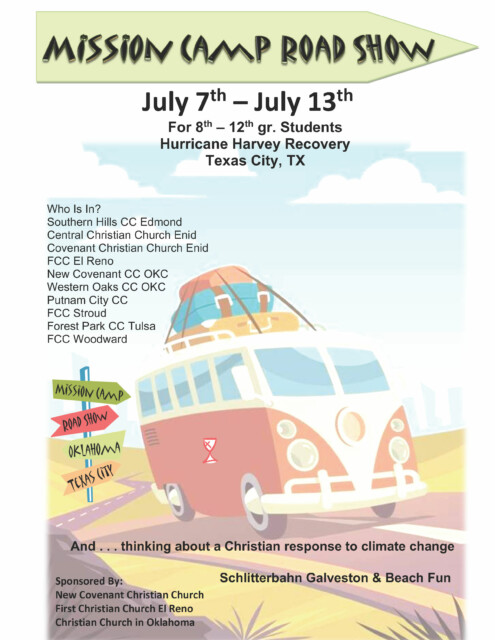On the Road with Jesus: Week 2
We Are Family
Where is this parable? Luke 15.11-32
The parable of the prodigal son is a familiar one to most of us. A father has two sons. One requests his inheritance early, squanders it, and returns home begging to be welcomed back. He is welcomed back, and he is received with a party! The other son, who stayed home, worked tirelessly for his father, takes issue with the way his brother was celebrated upon his return—after living wildly and dangerously, using up all of his inheritance. The father responds by saying that they had to rejoice upon the brother’s return, for he was lost and has been found. How many of us have compared ourselves to the two brothers in this story? It seems easy to try to fit ourselves into the category of “good child” or “wild child.” But what about the father? How many times have we seen ourselves in the role of the father, receiving a lost one with open arms? For me, forgiveness is difficult. For me, being merciful to those who have treated me with disrespect or outright cruelty is difficult. The father, though, paints a different picture of how things might be in these situations. The father shows us how God sees humanity. God sees claims us as beloved even when we have gone astray. God celebrates when we return to the holy and sacred, never holding our transgressions against us. How might we reflect this grace and mercy in our own lives? How might we grow to understand the difficult routes some lives have taken and be gracious when the “lost” return home, asking for forgiveness? We are not God, that’s for sure. But we do have opportunity after opportunity to, with our words and actions, point toward a loving and compassionate God that sees humanity, God’s children, all people, as worthy, valuable, and beloved.
Rev. Shannon Cook, Minister of Faith Development
First Christian Church Norman
Found
Where is this parable? Luke 15:8-10
The Parable of the Lost Coin is a story about a woman who has lost one of her ten coins. Rather than sulk about it or just be content with the fact that she has lost it, she realizes that she must do something in order to locate it. She began to clean her home, looking for the coin as she went as the cleansing made it easier for her to access certain places. When she finally found it she rejoiced, celebrating by letting each of her friends and family know of her achievement. This can be compared to the attitude God shows towards sinners. When any of His children repents to Him and asks forgiveness for their sins, he rejoices. He is delighted at our initiative to restore our own faith through Him, and grows a love for us bigger than He had before.
This story teaches followers of Christ as well as non-believers that no matter what you have done or how long ago, it is better to take the time to admit the wrongs that have been committed than ignore them and hope for the best. The hardest part of this for me personally, is admitting that I am wrong in the first place. I always hold myself to such a high standard and sometimes even have a mindset that I haven’t done anything wrong at all, which makes it hard for me to accept that I do indeed need to take a step back sometimes and think about the affects my actions caused. I am in no way perfect and God knows that, but I also know that I am still just as loved as before I made my mistake. Knowing His unconditional love exists and that He rejoices at the fact that I do ask forgiveness makes it so much easier to repent, and it truly makes it so much easier to follow Jesus knowing I will not be cast down.
Trinity Towel, Central Christian Church Fairview
Yeast or TikTok
Where is this parable? Matthew 13:33
So, this is the shortest parable that is contributed to Jesus. Why is it so short? What does it mean? These are the questions that come to my mind. So let us take them one by one. Let us look deeper into this short story.
Why is it so short? We live in a time of convenience and immediateness. When driving directions appear on our phones in a matter of seconds. Whole meals can be prepared in under five minutes. We can see the news happening around the world as it takes place. We can travel from Dallas to Washington DC in the time it takes to bake a loaf of bread. We live in an age of wonder.
So, a parable this short should be perfect for us. I believe that he was trying to get a point across in a short amount of time, so he chose something that everybody knew and understood. Simple really: flour, yeast, water and you get bread. So easy fifth graders could understand, right? Nope, I asked one of my fifth grade classes what yeast and leavening was and only one person was able to tell me, but I asked them how to post on TikTok and everybody was able to answer in under thirty seconds.
Jesus chose, like every good teacher, to meet the people where they were with the knowledge they had. When we explain this story to the people of today, we need to do the same. How we do that is mixed up in the situation that we find those people. In other words we are the yeast, the knowledge that has been passed on to us. We must be that leavening that is mixed into that three-fourths of flour and do our part of spreading these teachings to the rest of God’s children.
On your journey to the cross in this time of Lent, please take the time and meet people where and when they are. Tell your story and when we (collectively) take the time and build that relationship that is the meaning of this parable.
Travis Carlson, First Christian Church Chickasha






 When has collaborating with others made something better?
When has collaborating with others made something better?